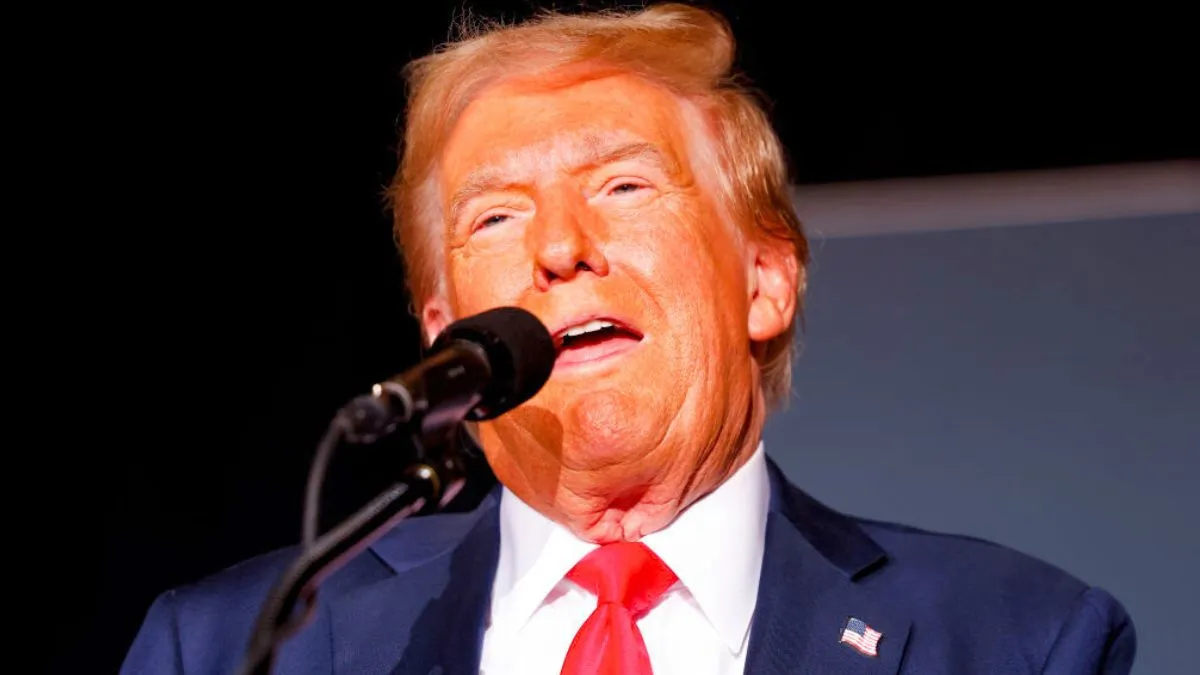The rumors about Donald Trump and his alleged public incidents, including the recent claims about an event in France, have sparked a mix of incredulity, humor, and commentary online. While the allegations of Trump’s supposed “incident” remain unverified, they have reignited longstanding jokes and nicknames, such as “Diaper Don,” which have followed him since before his political career.
Such claims often exist at the intersection of satire, rumor, and political commentary, with opponents using them as fodder for mockery and supporters dismissing them as baseless attacks. The attention on Trump’s diet, rumored habits during The Apprentice, and even the production of figurines depicting him in compromising positions showcase how these stories, whether factual or fabricated, capture the public imagination in exaggerated ways.
The discussion about bodily mishaps isn’t limited to Trump; similar accusations have been aimed at President Joe Biden, including at a D-Day event. This tit-for-tat narrative highlights the weaponization of personal or medical rumors in political discourse. Both sides have used these stories to score points, which can diminish public empathy when real health conditions or age-related vulnerabilities come into play.
Ultimately, while humorous to some, these rumors distract from substantive political discussions. Whether or not there’s truth to these incidents, their traction in public discourse underscores how personal attacks often overshadow more meaningful debates in politics.




